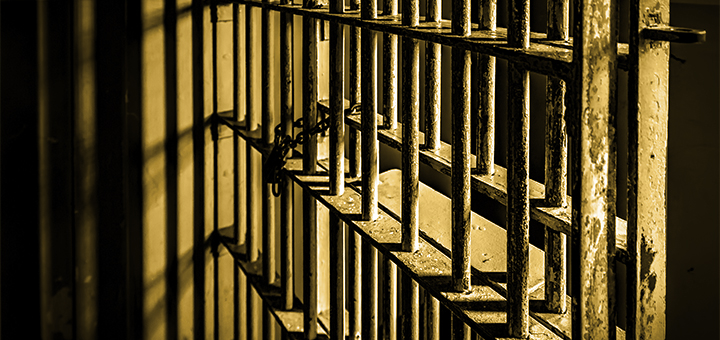If we do nothing for them during our short day of freedom, they will in turn be unable to do anything for us.
The American experience has been, for the most part, exceptional with its allowance of freedoms crafted from our forefathers’ experiences with religious intolerance. Annotation 11 of the First Amendment points out that “liberty of belief is the foundation of the liberty to practice what religion one chooses and to express oneself as one chooses…”
Yet what exactly do religious freedoms entail? Can you choose to whom your business will offer goods and services? Does your religious freedom oppress another’s free speech? In many places around the globe conflict regarding these questions and many others is on the rise. And the penalties for being found “guilty” are harsh.
Worldwide Intolerance
Christians are now the most persecuted religious group worldwide. A monthly average of at least:
- 322 Christians around the world are killed for their faith
- 214 churches and Christian properties are destroyed
- 772 forms of violence are committed against Christians (www.OpenDoorsUSA.org)
According to the U.S. Department of State, Christians in more than 60 countries face persecution from their governments or surrounding neighbors simply because of their belief in Jesus Christ.
OpenDoorsUSA.org lists 50 persecuting nations. The top five worst ranked nations in descending order are North Korea, Somalia, Iraq, Syria and Afghanistan. In 41 of the 50 persecuting nations Islamic extremists are persecuting Christians. However, persecution is not limited to that ideology.
In many countries blasphemy laws are deeply problematic on a number of levels, and Pakistan’s is especially so. There the so-called crime carries the death penalty or life in prison, does not require proof of intent or evidence to be presented after allegations are made, and does not include penalties for false allegations.
The United States Commission on International Religious Freedom is aware of at least 17 individuals on death row and 19 more serving life sentences. Many others have been charged and await trial.
Compassion fatigue
Lethargy, by definition, is tepidness. And compassion fatigue is making an excuse for lethargy.
The biblical warning to Christians is universal and eternal—become compassionate and remain compassionate because your brothers and sisters are suffering.
Sharing Christ is sharing His freedom, standing for His freedom, encouraging those lacking His freedom until His freedom is unilateral. For Christians, compassion fatigue is not an option.
Helping Fellow Christians
In an article reprinted by The Huffington Post in March (original article here), Neal Samudre states, “Persecution is everywhere. And we shouldn’t just care because these are fellow Christians being killed and imprisoned; we should care because these are humans facing undeserved cruelty at the hands of other humans.” Samudre offers the following action steps:
- Educate Yourself
You can’t actively contribute to a solution if you don’t understand the struggles persecuted Christians are facing. Making a difference is a slow process that requires time and commitment—put your heart into it long term. - Pray
Prayers are able to go where you aren’t. Prayers are able to help in ways you can’t. Prayers are how you actively make a difference across the world. - Write Letters*
Writing letters can help you “feel” the problem. You can mail them, or you can write them just to better place your heart with persecuted Christians. - Don’t Feel Guilty
Don’t feel guilty that you aren’t being persecuted.
The moment you feel guilt is the moment you make the issue about you and not them. Understand that you are where you are for a reason—creating an opportunity to help those who are currently being persecuted. - Volunteer Skills
If you’re a videographer, create an informative movie about persecution. If you’re a connector, help people find resources to assist persecuted Christians. If you have a presence on Capitol Hill, influence leaders to take action. Persecution is an immense problem, but the more people taking small, practical steps toward change, the greater the impact.
This article was also published in the June 2015 print edition of OUTLOOK. It was written by Jacquie Biloff, communication director for the Dakota Conference.
[hr]
*Thirty inmates have been baptized this year at the main prison in Lomé, Togo as the result of evangelistic meetings led by Adventist member Bruno Amah, who is jailed at that facility. Another Adventist is serving a life sentence in Pakistan on charges of blasphemy. Letters of encouragement may be sent to:
Bruno Amah
Union du Sahal
P.B. 2157
Lomé, Togo
Sajjad Masih
Pakistan Union
Post Box 32
Lahore, Pakistan










